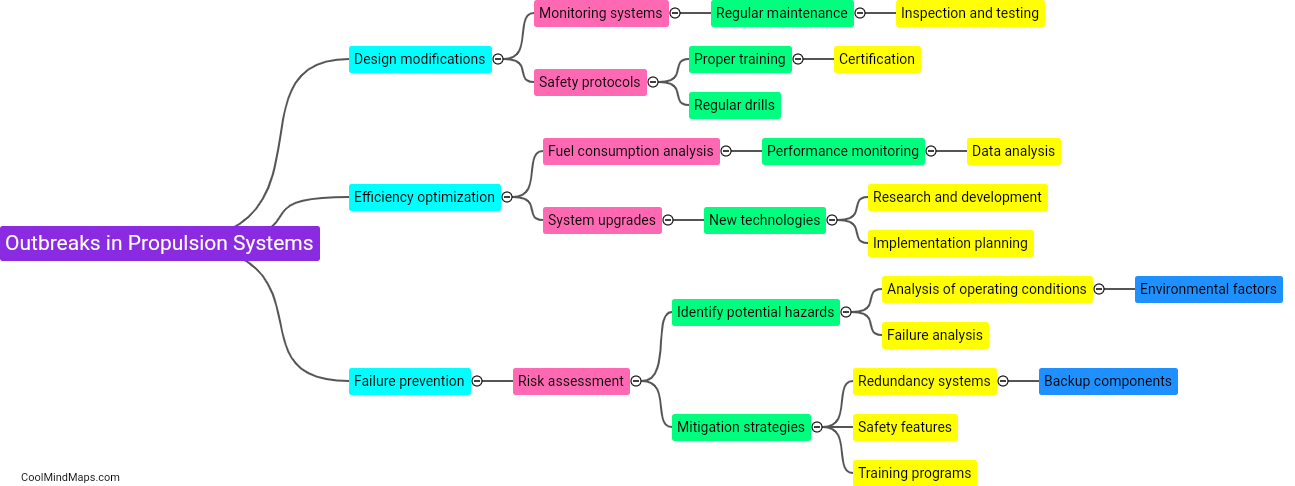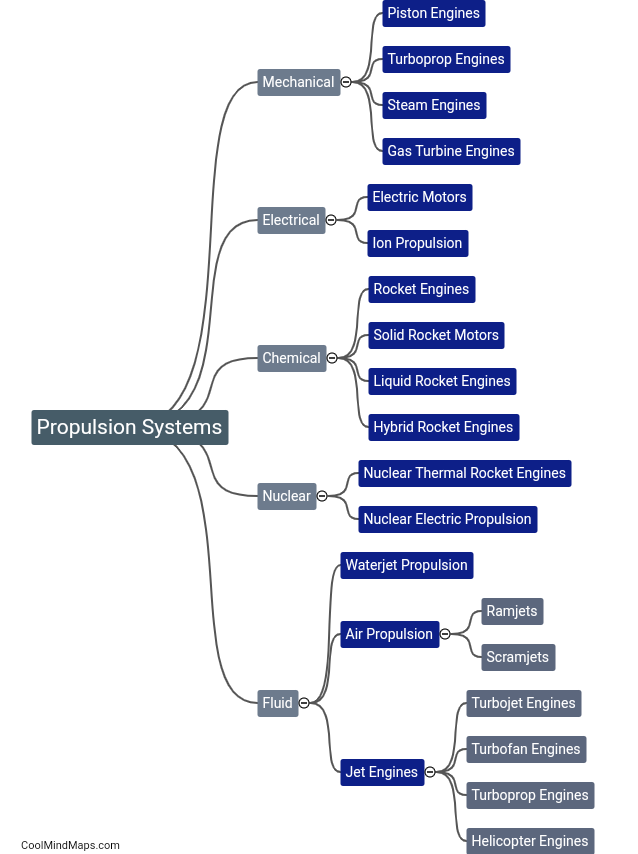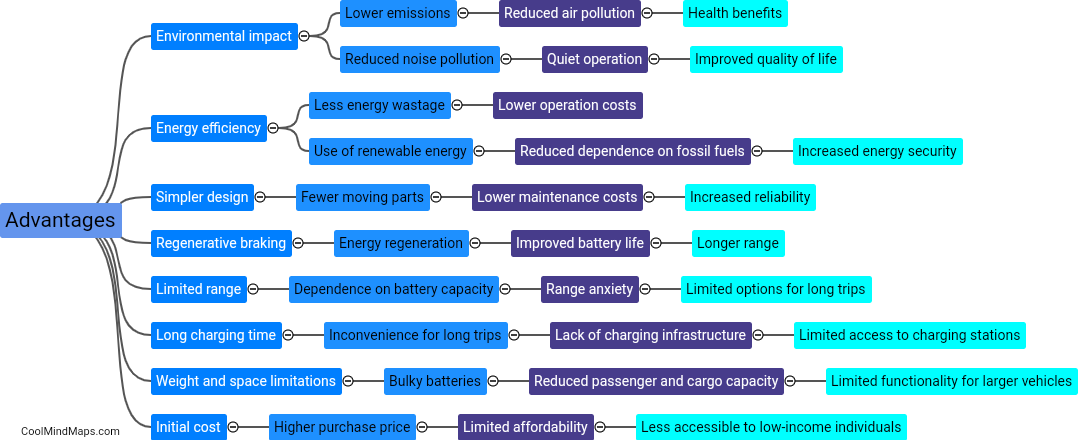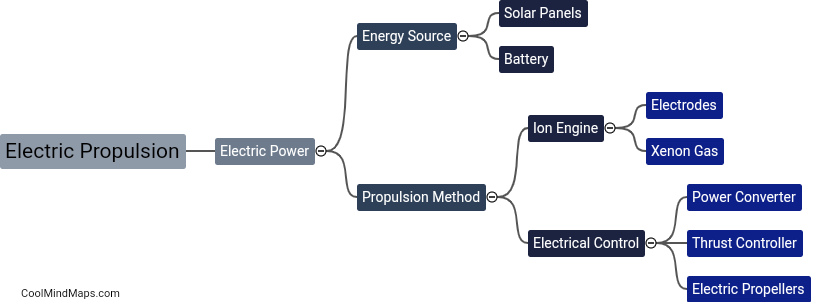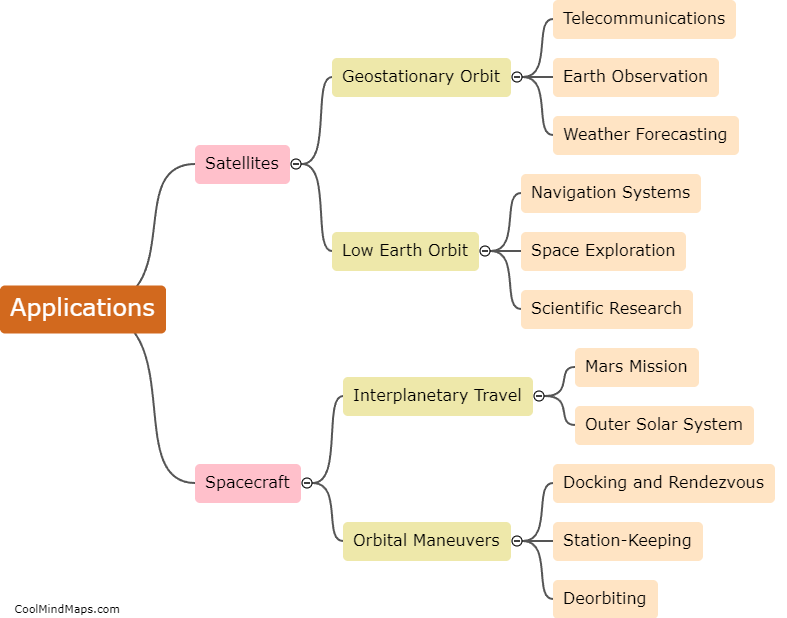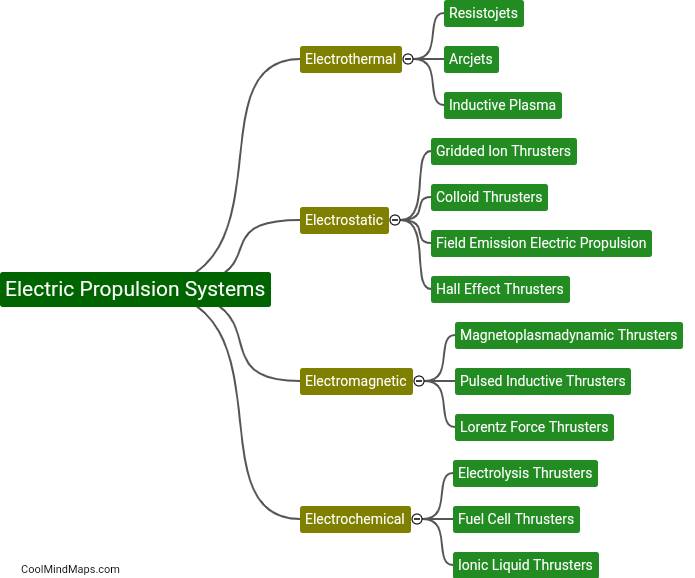What is the future of propulsion systems in spacecraft?
The future of propulsion systems in spacecraft holds significant potential for advancements and innovation. Traditional chemical propulsion systems, such as rocket engines, have been the primary means of powering spacecraft, but they are limited by their reliance on chemical propellants and their high fuel consumption. As spacecraft missions become more complex and extended, the need for more efficient and sustainable propulsion technologies becomes increasingly crucial. Emerging technologies, such as electric propulsion systems, ion propulsion, plasma engines, and nuclear propulsion, offer promising possibilities. These advanced propulsion systems can potentially provide increased fuel efficiency, lower costs, greater payload capacity, and faster travel times in space. Additionally, research into exotic propulsion concepts like antimatter propulsion, warp drives, and fusion propulsion is underway, although these remain highly speculative. The future of propulsion systems in spacecraft will likely see a shift towards more efficient, sustainable, and groundbreaking technologies, enabling humanity to explore and navigate space more effectively and with greater speed.

This mind map was published on 30 July 2023 and has been viewed 129 times.





